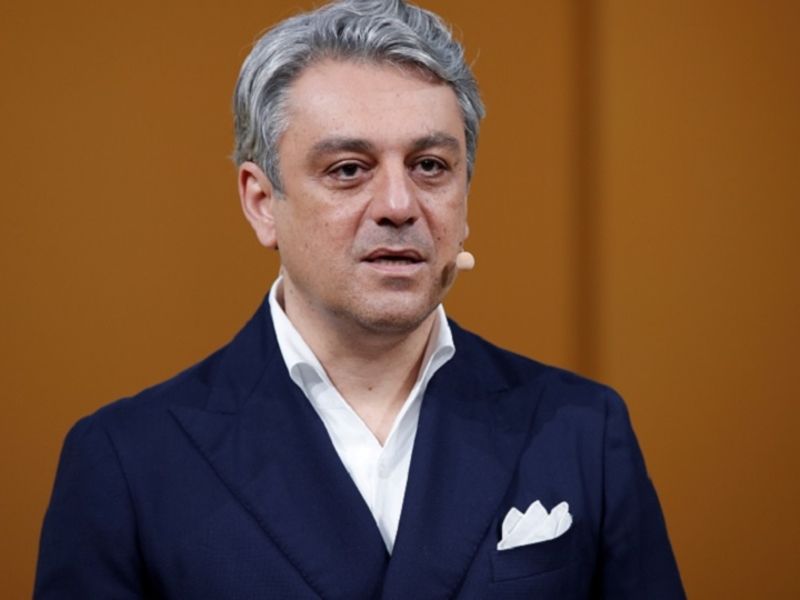
Renault CEO Luca de Meo plans to present his turnaround plan for the automaker on Jan. 14. The Italian executive wants a “revolution” at the French company, so he is calling his plan “Renaulution.”
De Meo describes the key points of the restructuring to the automaker’s executives and employee representatives in an internal paper of several pages. The paper was obtained by Automobilwoche, a German language affiliate of Automotive News.
De Meo had already outlined the first key points of the restructuring in an interview with Automotive News Europe in November. Now the internal paper makes the overall concept more tangible.
Here are some key points:
Cost reduction
De Meo’s top priority is cost savings. He does not give any concrete figures, but he wants to avoid parallel developments and technology fields that are not immediately usable. Before de Meo’s arrival as CEO in July, Renault had already announced its goal of saving around 800 million euros ($975 million) per year in development and cutting 1,500 jobs.
Downsizing product range
De Meo wants to reduce Renault’s broad range of products and services by around 30 percent. As an example, he cites the actions of PSA Group CEO Carlos Tavares at Opel, which has discontinued several unprofitable model lines.
De Meo wants the reduction of model lines to happen without the automaker losing sales or market coverage. This is likely to be very difficult because consumers have been spoiled with more and more derivatives and sub-derivatives in recent years, and competitors will exploit any gaps in Renault’s product lineup.
Compact segment focus
De Meo plans to focus even more than before on the high-volume and high-margin C (compact) segment. “The C-segment is the center of gravity in our offering,” he says in the internal paper. “I’m not afraid to say that we can achieve a 25 percent to 30 percent increase in transaction prices in this segment by 2025.”
The aim of the vehicles that Renault sells should be to generate profits, not to create volume, he says. Under former Renault-Nissan chairman Carlos Ghosn, higher volume was the central building block for the company’s success. The credo was: more volume equals more synergies equals a better competitive position. Increasing transaction is a core part of Tavares’s success in turning around PSA.
International ambitions scaled back
Renault will refrain from overly ambitious global plans. “Our geographic expansion has not produced the expected results,” de Meo says. “In a highly unstable environment, markets such as the Eurasia region and Latin America have not delivered the returns we had hoped for.”
However, de Meo does not want to give up China, even though Renault was the last major automaker into the market and so far has not come close to fulfilling its aim to be a volume seller. Renault’s presence in China must be re-invented through new business models, relying more on strong partnerships.
In-house innovation
Renault must once again develop more innovations on its own and be less dependent on supplier inventions, de Meo says. “You have to bring back creativity and expertise at Renault. You have to let the engineers work instead of letting them manage programs,” he says.
De Meo wants to draw up a 10-year plan to reorganize the automaker’s development activities. This is to be closely linked to development at Nissan to avoid parallel developments and create more technological synergies.
New business areas
Renault should cover the entire world of mobile services, not just building vehicles. De Meo has a specific target: “From 2026, we will have 20 percent to 30 percent of our activities in fields that no longer have anything to do with traditional automotive manufacturing,” he says. Specifically, de Meo mentions the areas of financial technology, fleet management, cybersecurity, circular economy and high-tech developments outside the automotive world.
Stronger alliance
Renault will not abandon or weaken its alliance with Nissan and Mitsubishi. However, any joint projects must be “more concrete and precise,” de Meo says. There are “magical projects” under development, he says, without giving any details.
Says de Meo: “If we separate the three members of the alliance from each other, we will be moving straight into the second league of car manufacturers. I am therefore determined to do everything I can to ensure the success of the alliance.”